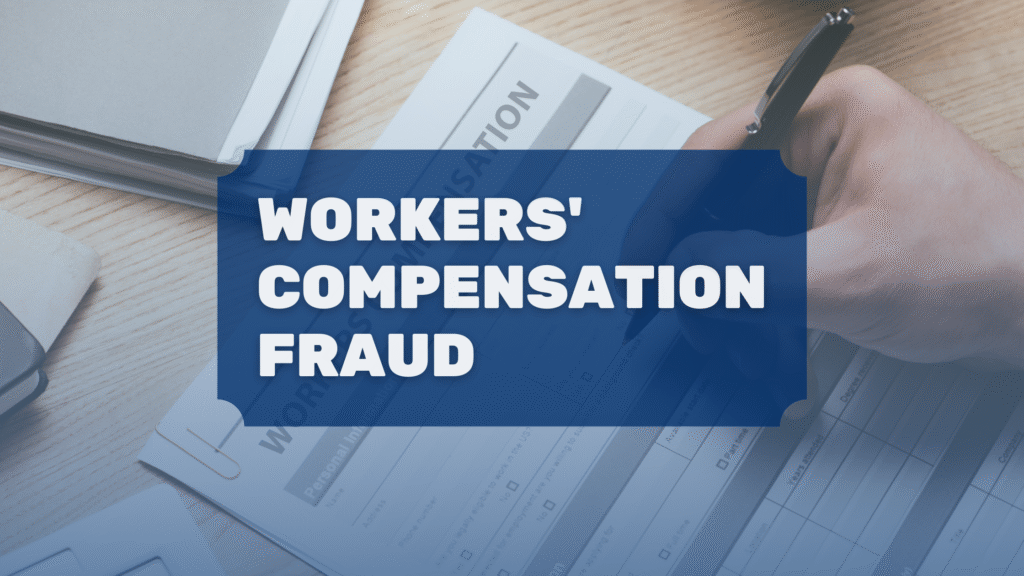June 27, 2025 | JacobiJournal.com – Telehealth Medicare fraud has taken center stage as the CEO of a telehealth software firm has been convicted in a billion-dollar healthcare fraud case. The conviction spotlights the dark side of digital medicine and the vulnerabilities within remote healthcare services. Prosecutors revealed that the executive orchestrated an expansive scheme that exploited Medicare billing through fraudulent prescriptions and medical orders—all disguised as legitimate virtual care. This case underscores the urgent need for stronger oversight in telehealth platforms to prevent further instances of telehealth Medicare fraud that jeopardize both patients and public funds.
How the Telehealth Medicare Fraud Scheme Operated
According to court documents and trial testimony, the company used its digital platform to generate false doctors’ orders and prescriptions. These included durable medical equipment and compound medications. The claims were submitted to Medicare and other federal programs as if they followed legitimate telehealth consultations, but they were part of an orchestrated telehealth Medicare fraud scheme designed to exploit billing loopholes.
In truth, many patients had little to no interaction with a physician. In some cases, they were completely unaware that claims had been made in their name. This deception not only defrauded federal healthcare programs but also compromised patient data and trust, underscoring the broader risks that telehealth Medicare fraud poses to both individuals and the healthcare system at large.
Targeting the Elderly
The fraud relied on a nationwide network of call centers, marketers, and medical professionals who approved orders without proper review. Investigators found the scheme focused heavily on elderly Medicare beneficiaries.
Deceptive tactics were used to enroll them in unnecessary treatment plans and billing cycles. As a result, Medicare paid out hundreds of millions of dollars before the fraud was detected.
Uncovering the Scheme
Authorities allege that the company submitted thousands of bogus claims for medical devices and prescriptions, many of which patients never requested or received. These claims appeared legitimate on paper, backed by fake telehealth consults and forged doctor approvals. Investigators say the scam targeted elderly beneficiaries, often without their knowledge.
Why Telehealth Was Vulnerable
The case raises serious concerns about how telehealth platforms, while convenient, can be misused. Rapid digital interactions made it easier for fraudulent claims to slip through, with billing systems ill-equipped to catch falsified consults in real time. This vulnerability created a perfect environment for telehealth Medicare fraud to thrive, as the absence of in-person verification allowed unscrupulous providers to manipulate the system without immediate detection.
Moreover, the rapid expansion of telehealth during the pandemic outpaced the development of fraud prevention measures. As a result, many healthcare platforms lacked the robust compliance infrastructure necessary to identify patterns indicative of telehealth Medicare fraud. This gap in oversight is now prompting federal agencies and healthcare providers to reevaluate digital healthcare protocols to ensure stricter safeguards against such large-scale scams.
A Warning to the Industry
The executive’s conviction marks one of the largest healthcare fraud penalties linked to telehealth. While the technology itself isn’t to blame, the case highlights a deeper issue. Telehealth needs tighter compliance, stronger verification, and better oversight. This is especially urgent given the surge in telehealth Medicare fraud, which has exposed weaknesses in virtual care systems that were never designed to handle the scale of Medicare billing they now face.
Industry leaders are being urged to collaborate with regulatory agencies to develop standardized protocols for telehealth services, including more stringent patient authentication and provider credentialing processes. Without proactive measures, the risk of telehealth Medicare fraud remains high, potentially undermining public trust in digital healthcare innovations.
What It Means for Healthcare Providers
As the use of telemedicine expands, healthcare professionals and vendors must implement stronger fraud controls. This case serves as a critical reminder: efficiency should never override ethical standards.
Looking Ahead
With sentencing set for later this year, federal agencies are signaling more scrutiny for telehealth firms. Compliance audits, provider vetting, and real-time billing review systems may become standard as regulators aim to prevent similar fraud on this scale.
Digital care is here to stay—but integrity must stay with it.
For official updates on Medicare fraud enforcement, visit the U.S. Department of Justice’s healthcare fraud page.
FAQs About Fort Bend Hospice Healthcare Fraud
What is the Fort Bend hospice healthcare fraud case about?
The case involves hospice owners in Fort Bend County indicted for fraudulently enrolling non-terminally ill patients into hospice care, forging medical records, and submitting false claims totaling $87 million to Medicare and Medicaid.
How does hospice fraud impact patients?
Patients may be misclassified as terminally ill without their knowledge, limiting access to curative treatments and appropriate medical care. This can compromise patient safety and care quality.
What penalties do the defendants face in the Fort Bend hospice healthcare fraud case?
If convicted, the indicted hospice owners could face decades in federal prison, significant fines, and asset forfeiture under healthcare fraud and wire fraud statutes.
Stay ahead of healthcare fraud developments. Subscribe to JacobiJournal.com for the latest insights on telehealth fraud enforcement and policy updates.
🔎 Read More from JacobiJournal.com:
- DOJ Indicts Hospice Owners in Fort Bend for Massive $87M Healthcare Fraud
- Social Security Insider Fraud: A Breach of Public Trust
- Financial Fraud’s Expanding Reach: One in Five Americans Affected
- Genetic Testing Scams: The New Face of Medicare Fraud
- $1 Million COVID Relief Scam Exposed: NSW Authorities Arrest Four in Fraud Crackdown





